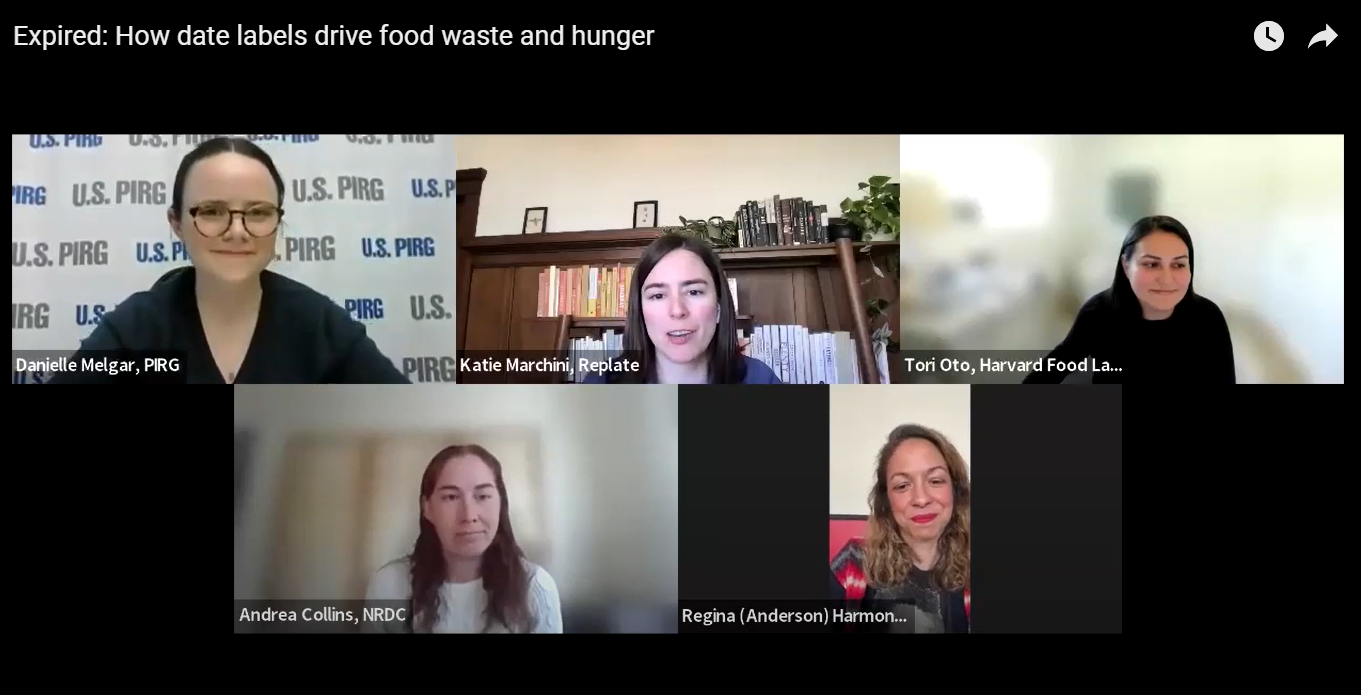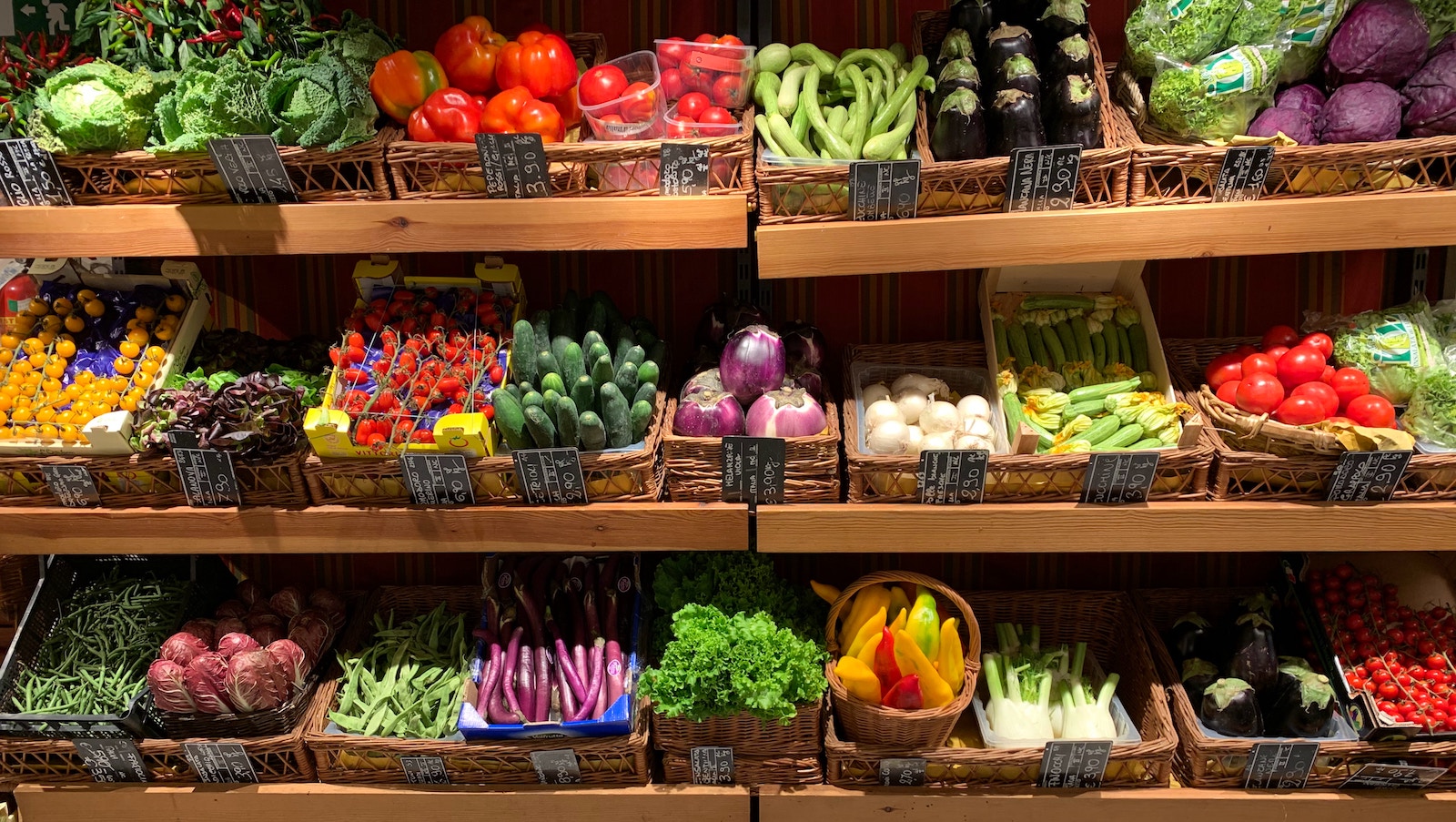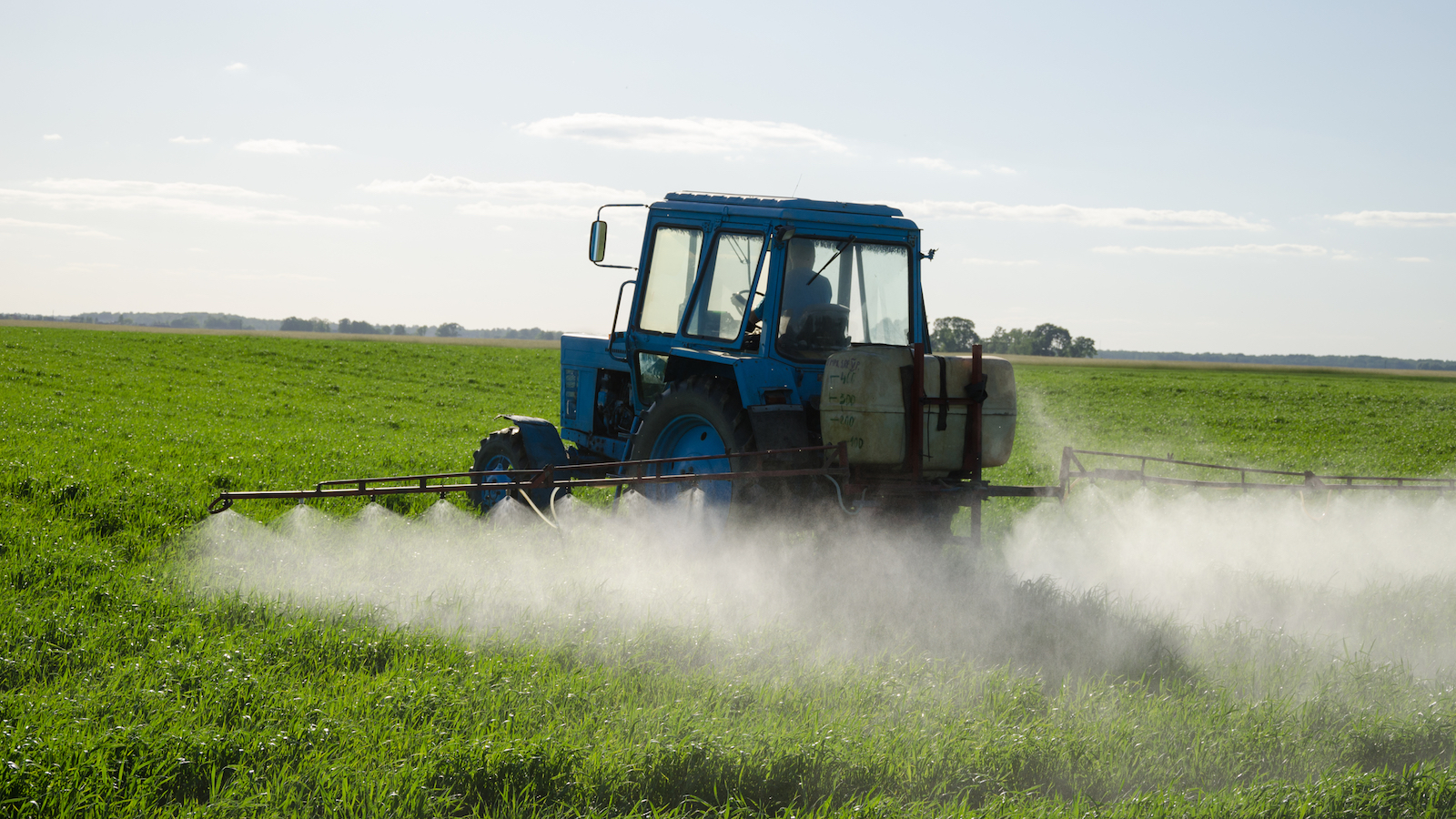
Committees Consider Bills to Stop the Routine Low Dose Use of Antibiotics on Animals that Are Not Sick
Antibiotics are a cornerstone of modern medicine. In order to protect these lifesaving drugs for future generations we must stop the outdated routine use of antibiotics on animals that are not sick which is contributing to the growing threat of antibiotic resistant bacteria.
Antibiotics are a cornerstone of modern medicine. In order to protect these lifesaving drugs for future generations we must stop the outdated routine use of antibiotics on animals that are not sick which is contributing to the growing threat of antibiotic resistant bacteria.
This week, key comittees in the Maryland House of Delegates and Seante are considering bills to stop the overuse of antibiotics on large Maryland farms. Maryland PIRG is supporting SB607 and HB829, bills sponsored by Senators Paul Pinsky and Shirley Nathan-Pulliam and Delegates Shane Robinson and Clarence Lam.
Recent polling finds broad support for this proposal: Statewide, 68% or Marylanders favor state legislation to restrict the regular use of medically important antibiotics and reserve them for use on sick animals, including a majority of Maryland democrats, republicans and independents. These numbers were strong across the state:
- 68% on the Eastern Shore
- 68% in Southern Maryland
- 68% in the DC Suburbs
- 68% in the Baltimore Suburbs
- 73% in Baltimore City
- 61% in Western Maryland
This bill is not bad for business. Through proper animal husbandry, industrial farms can and are raising meat without the routine use of antibiotics.
The cost of inaction is clear, the current cost of antibiotic resistant infections in the US is $55-$70 billion a year, and will only go up.
Much of the meat and pharmaceutical industry see the writing on the wall and are moving away from this outdated practice. Maryland’s own Perdue Farms was the first major producer in the country to stop the routine use of antibiotics in their chicken. Many other retailers are also moving this direction, including Panera, McDonalds, and Subway. Subway, which has more stores in the US than McDonalds and Starbucks combined, has committed to phase out routine antibiotics from all of their. These chains are finding it not only viable, put a smart business decision to shift away from meat raised with routine antibiotics and have helped shift the production market.
These are good signs that what we are asking is achievable and good for business, but
- The industry is not moving as fast as they can and should, giving themselves years to transition.
- And the majority of producers have NOT committed to change their practices.
Sanderson Farms, for example, has publically said they will not stop routine antibiotic use. In addition, the current voluntarily landscape makes it easy to confuse consumers. During the Oscars Shady Brook farms ran an ad bragging that they don’t use antibiotics of growth promotion when they do still use routine antibiotics.
The pharmaceutical industry arguably has the most to lose from this bill. They are making hand over fist selling antibiotics to industrial farms for routine use. To that I will say two things.
- The industry should not be allowed to put modern medicine at risk in order to protect their profits.
- The pharmaceutical industry is innovating in safer alternatives, with new probiotics and supplements that have positive health effects for animals WITHOUT the public health risks associated with routine antibiotics.
Topics
Authors
Emily Scarr
State Director, Maryland PIRG; Director, Stop Toxic PFAS Campaign, PIRG
Emily directs strategy, organizational development, research, communications and legislative advocacy for Maryland PIRG. Emily has helped win small donor public financing in Baltimore City, Baltimore County, Howard County, Montgomery County, and Prince George's County. She has played a key role in establishing new state laws to to protect public health by restricting the use of antibiotics on Maryland farms, require testing for lead in school drinking water and restrict the use of toxic flame retardant and PFAS chemicals. Emily also serves on the Executive Committees of the Maryland Fair Elections Coalition and the Maryland Campaign to Keep Antibiotics Working. Emily lives in Baltimore City with her husband, kids, and dog.
Find Out More

Expired: How date labels drive food waste and hunger

New report reveals widespread presence of plastic chemicals in our food

How much food waste does America create and what can we do about it?

